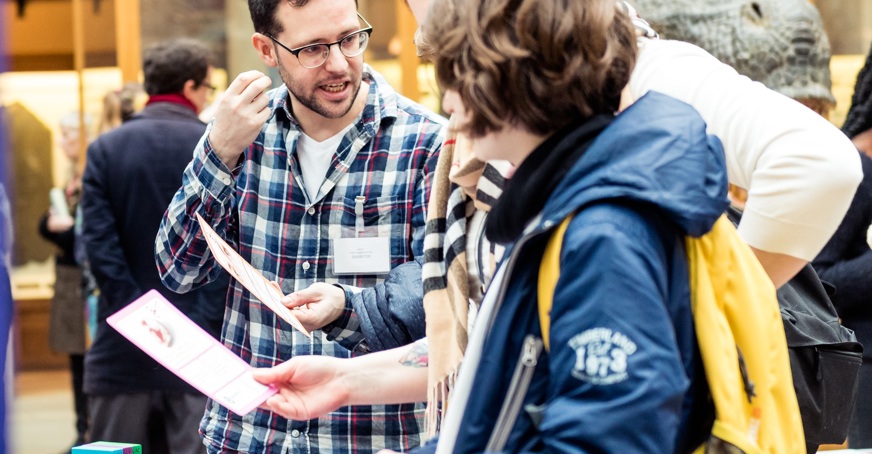
Funding for smaller projects
The Biochemical Society supports public engagement and outreach activities that communicate the excitement of molecular bioscience to young people and the community.
The types of projects that could be run with funding of up to £1000 include:
- Re-using established activities/resources in a new context or with a new perspective.
- Development of a new activity or resource for participants.
- Inspiring workshops or lectures for students, teachers or communities.
- Development of online content or activities that could be used to engage communities.
- Community-led activities based on your research interests.
This is not an exhaustive list! We would love to hear about new ideas and approaches to public engagement and outreach.
Explore examples of the projects we have funded up to £1000 to find inspiration.
Please note that there must be a minimum of 6 weeks between the application deadline and the date of the event/activity. Applicants are strongly encouraged to read the full application guidance and general conditions before submitting an application.
Hear from a Committee member
Members of our Reviewing Panels took part in a Biochemistry Focus webinar titled 'How to apply for Biochemical Society grants: Education, Research and Outreach'.
Hear from Dr Helen Watson, who discusses what to include in a Scientific Outreach Grant application.
Contact us
For further information please get in touch with the Grants department.
For support with an activity get in touch with the Education department.
Related grants
Please find other related funding opportunities below.







